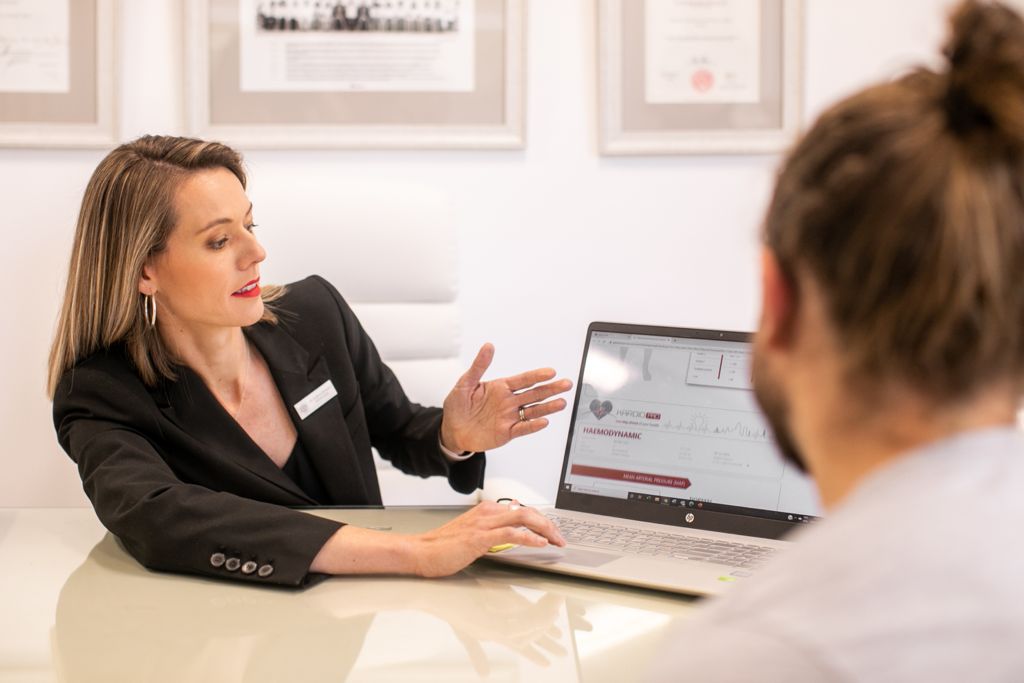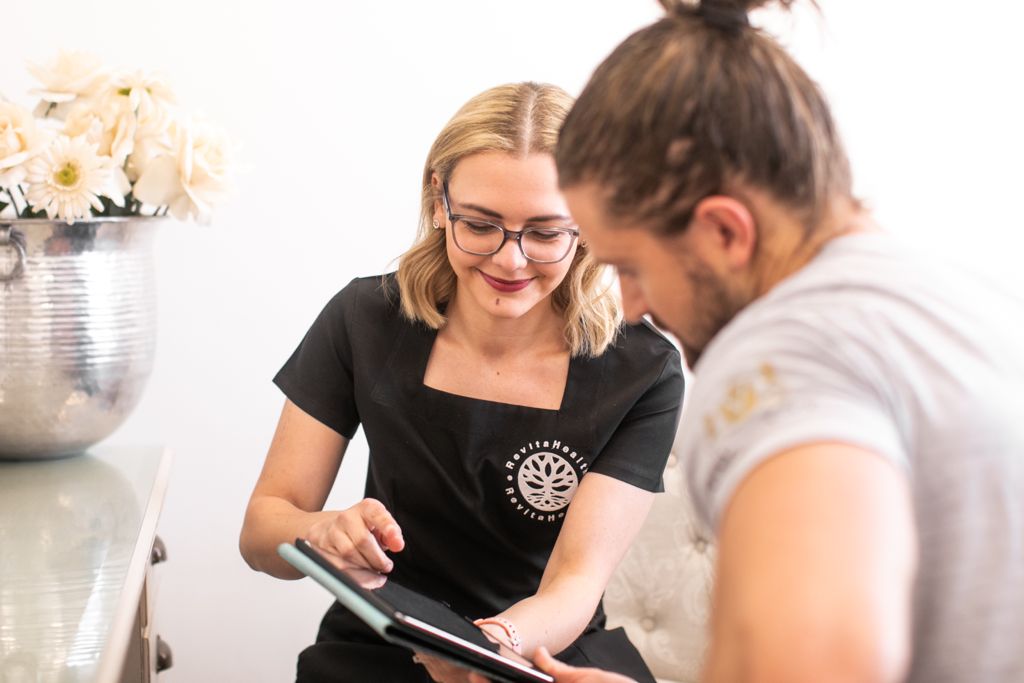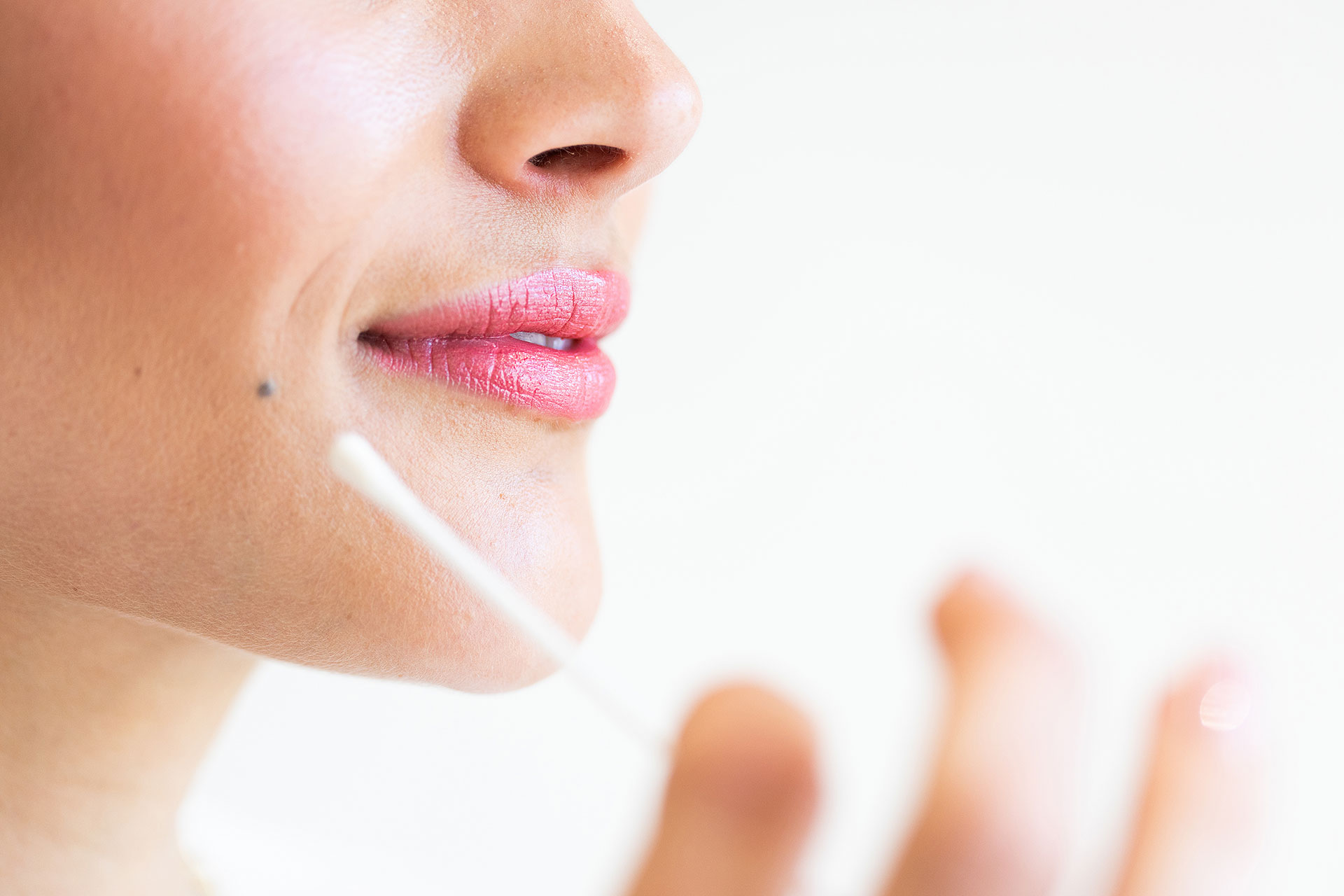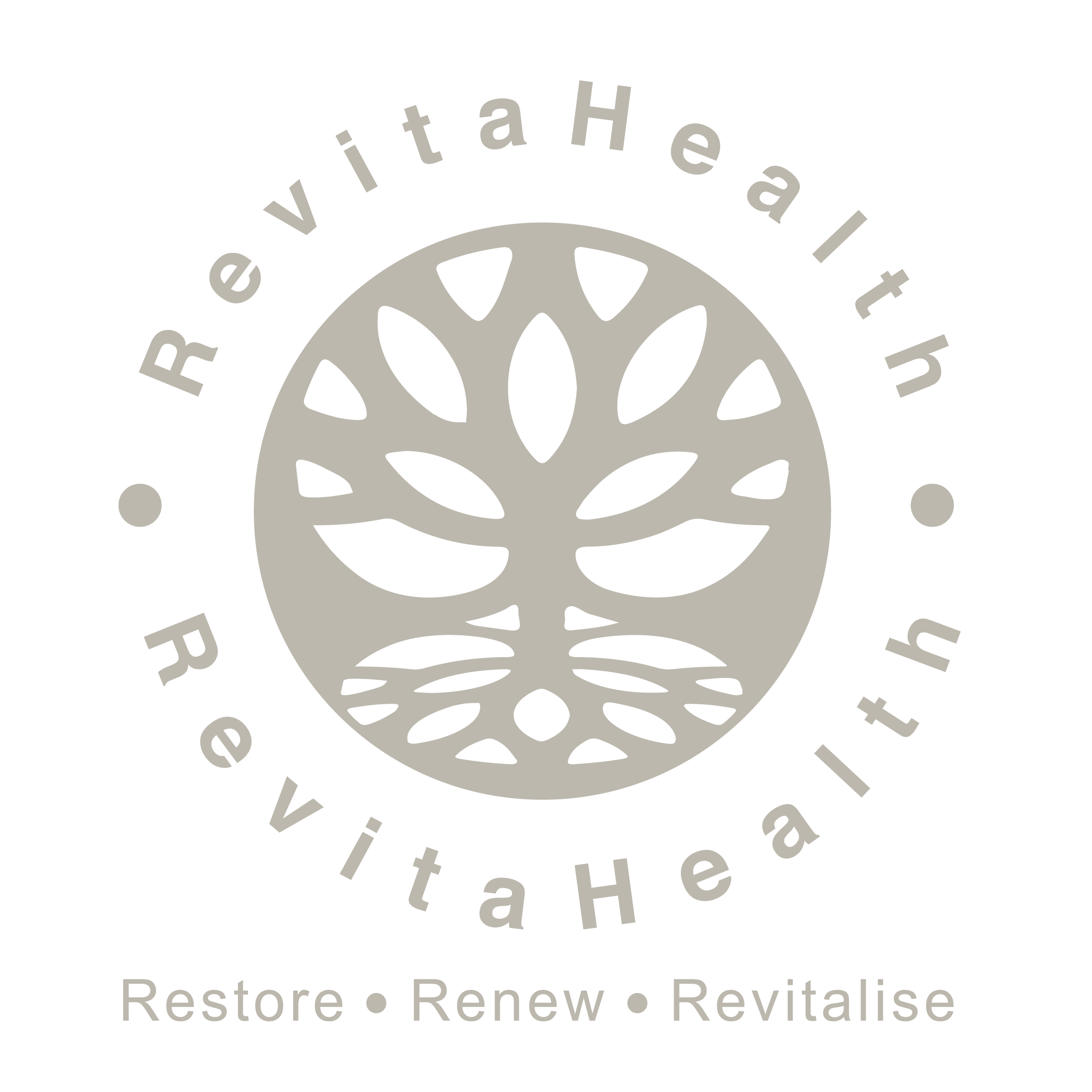Lifespan vs Healthspan
In the past fifty years, the average lifespan of westernised people improved from sixty-plus years to eighty-plus. Whenever I have the discussion with my patients of being able to increase their lifespan, they unanimously tell me that they would prefer to die earlier while still having a good quality of life.
If we are not thinking about and focussing on how we can live as long as possible, in good health, then we are missing the point. And this is where the secret lies… to improve your healthspan together with your lifespan. This is why I feel so passionate about teaching about the seven pillars of health.
Our goal is to enjoy our seventies and eighties and beyond without being burdened by chronic diseases like heart disease, diabetes, Alzheimer’s or arthritis. This is definitely what the anthropologist, Ashley Montagu, had in mind when he said: “to die young as late as possible.” The aim is not to radically extend lifespan, but to drastically diminish the amount of time spend seriously ill closer to the end of our lives and thus increasing healthpan.
This process already starts when you are still young. It is all about lifestyle- your health is in your own hands! The way you eat, sleep, move, interact with loved ones and how you handle stress in your younger years has an enormous impact on how your body will look and feel in your middle and senior years.
Optimal health does not come from one big change, but from all the small changes we make consistently.
Start from today to work on all aspects of true wellness.







© Design by DIGITAL DRAWING ROOM & built by WAPP
Privacy Policy 2023